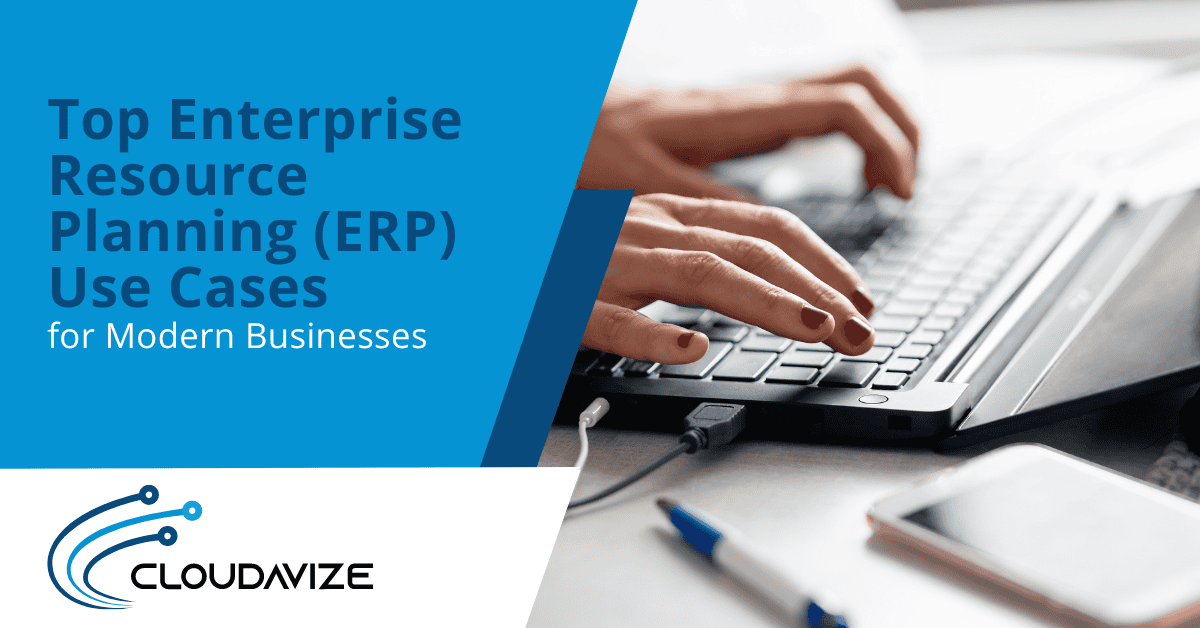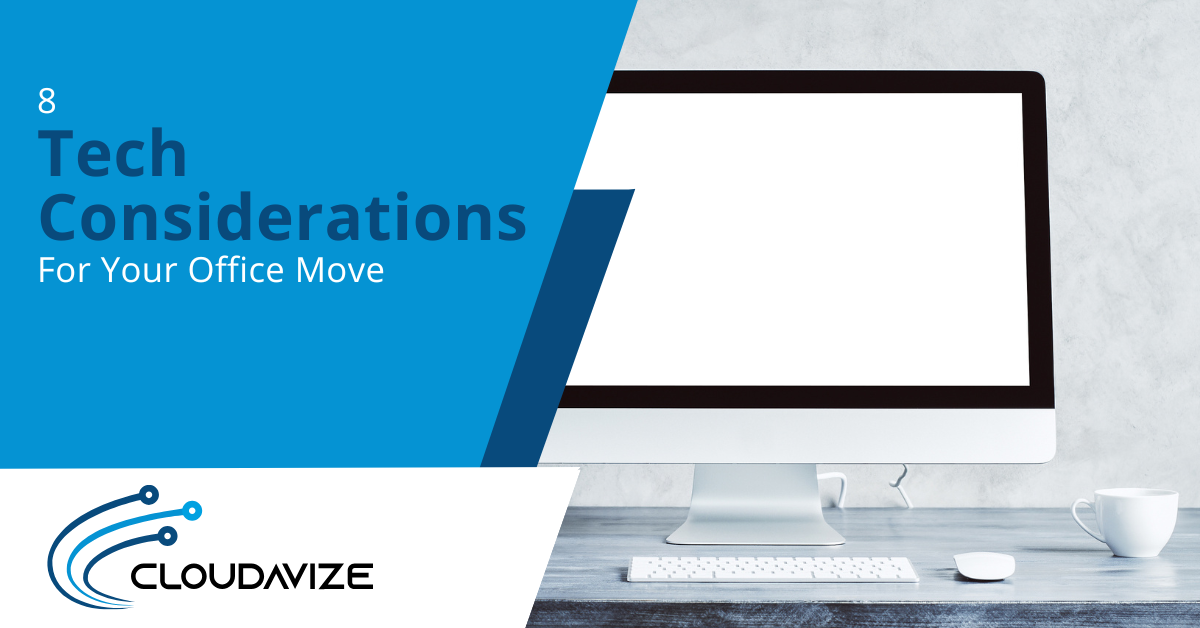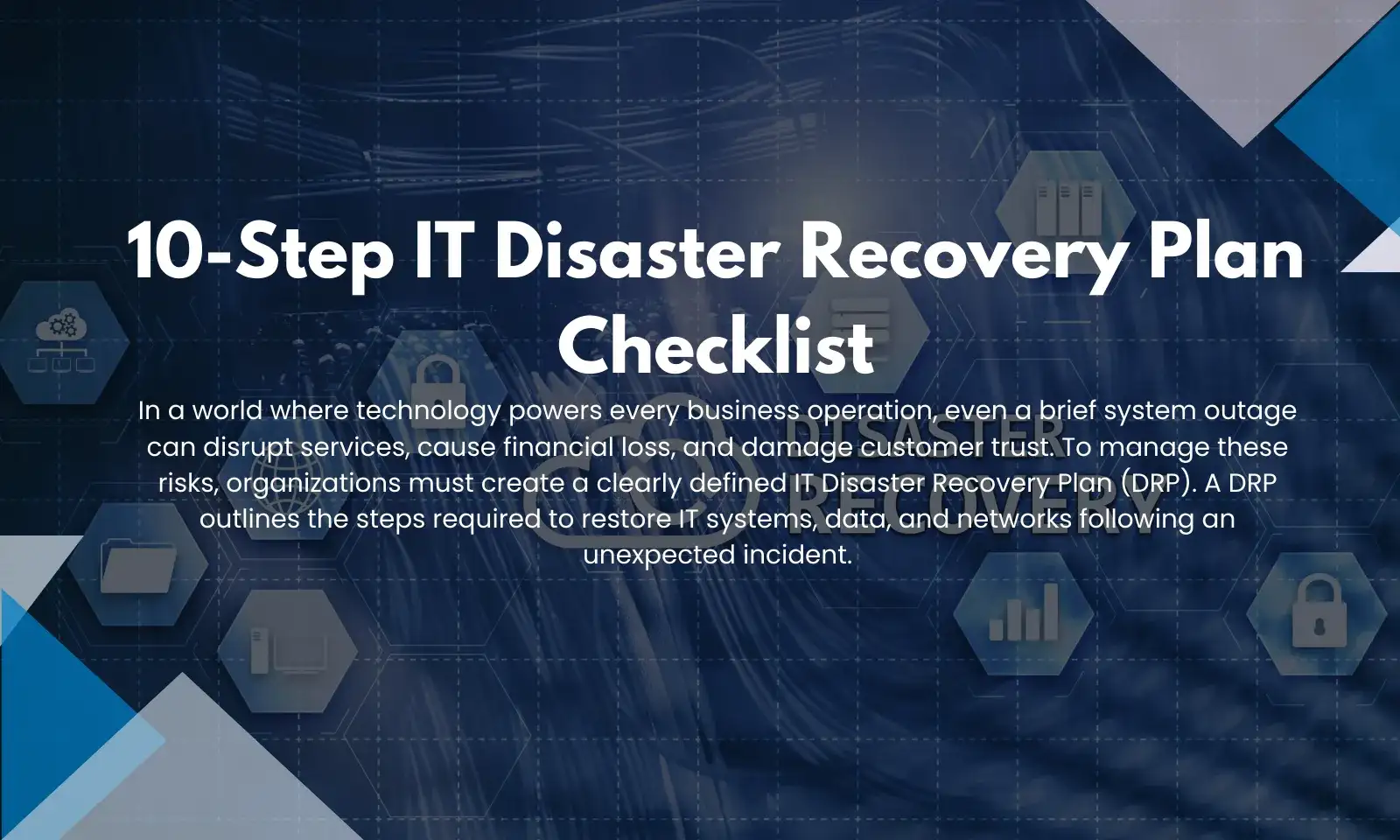Enterprise Resource Planning (ERP) systems have become indispensable tools for businesses of all sizes across various industries. These comprehensive software solutions integrate and streamline core business processes, enabling organizations to operate more efficiently and make data-driven decisions. In this article, we’ll explore some of the most common and impactful ERP use cases that are transforming how companies manage their resources and drive growth.
Table of Contents
Introduction to ERP Systems
ERP systems serve as the central nervous system for modern enterprises, connecting different departments and functions into a unified platform. By consolidating data and processes, ERP solutions provide real-time insights and automate routine tasks, allowing businesses to focus on strategic initiatives and innovation.
Financial Management and Accounting
Streamlined Financial Reporting
One of the primary use cases for ERP systems is in financial management. ERP platforms offer robust tools for general ledger management, accounts payable and receivable, and financial reporting. By automating these processes, businesses can close their books faster, generate accurate financial statements, and maintain compliance with accounting standards and regulations.
Enhanced Cash Flow Management
ERP systems provide real-time visibility into cash flow, allowing finance teams to better manage working capital. With features like automated invoicing and payment reminders, businesses can improve their collections process and reduce days sales outstanding (DSO).
Supply Chain Management
Inventory Optimization
ERP systems excel at helping businesses manage their inventory more effectively. By providing real-time visibility into stock levels across multiple locations, ERP solutions enable companies to optimize their inventory, reduce carrying costs, and prevent stockouts or overstock situations.
Demand Forecasting
Advanced ERP systems incorporate machine learning algorithms to analyze historical data and predict future demand. This capability allows businesses to adjust their production and procurement strategies proactively, ensuring they can meet customer demands while minimizing excess inventory.
Manufacturing and Production
Production Planning and Scheduling
For manufacturing companies, ERP systems offer powerful tools for production planning and scheduling. By integrating data from sales forecasts, inventory levels, and resource availability, ERP platforms can help optimize production schedules, reduce lead times, and improve overall efficiency.
Quality Control and Compliance
ERP systems also play a crucial role in maintaining quality standards and ensuring regulatory compliance. By tracking and documenting every step of the production process, businesses can easily identify and address quality issues, maintain traceability, and demonstrate compliance with industry regulations.
Human Resources Management
Employee Lifecycle Management
Modern ERP systems often include robust HR modules that cover the entire employee lifecycle, from recruitment and onboarding to performance management and offboarding. These integrated solutions streamline HR processes, improve employee engagement, and provide valuable insights into workforce productivity and satisfaction.
Payroll and Benefits Administration
ERP platforms can significantly simplify payroll processing and benefits administration. By integrating time and attendance data with payroll calculations, businesses can ensure accurate and timely payments while reducing the risk of errors and compliance issues.
Customer Relationship Management (CRM)
360-Degree Customer View
Many ERP systems now incorporate CRM functionality, providing a comprehensive view of customer interactions across sales, marketing, and support channels. This integrated approach enables businesses to deliver more personalized customer experiences and identify cross-selling or upselling opportunities.
Sales Pipeline Management
ERP-integrated CRM modules offer powerful tools for managing the sales pipeline, from lead generation to closed deals. By providing real-time visibility into sales activities and performance metrics, these systems help sales teams prioritize opportunities and improve conversion rates.
Project Management
Resource Allocation and Tracking
For project-based businesses, ERP systems offer sophisticated project management capabilities. These tools help managers allocate resources effectively, track project progress, and manage budgets and timelines across multiple projects simultaneously.
Profitability Analysis
ERP systems enable businesses to analyze project profitability in real-time by integrating financial data with project-specific information. This capability allows companies to identify underperforming projects early and make data-driven decisions to improve overall profitability.
Business Intelligence and Analytics
Data-Driven Decision Making
One of the most valuable aspects of modern ERP systems is their ability to provide actionable insights through advanced analytics and reporting tools. By consolidating data from across the organization, ERP platforms enable executives and managers to make informed decisions based on real-time information.
Predictive Analytics
Leading ERP solutions now incorporate predictive analytics capabilities, leveraging artificial intelligence and machine learning to forecast trends, identify potential issues, and recommend optimal courses of action. This forward-looking approach helps businesses stay ahead of market changes and competitive pressures.
E-commerce Integration
Seamless Online Sales Management
As more businesses expand their online presence, ERP systems with integrated e-commerce capabilities have become increasingly important. These solutions enable companies to manage online orders, inventory, and customer data seamlessly across multiple sales channels, providing a unified view of the business.
Omnichannel Customer Experience
ERP systems with e-commerce integration help businesses deliver a consistent customer experience across all touchpoints, from online stores to physical retail locations. This unified approach enhances customer satisfaction and loyalty while streamlining backend operations.
Get Started Today
Enterprise Resource Planning systems have evolved far beyond their origins as financial management tools. Today’s ERP solutions offer a wide range of capabilities that can transform virtually every aspect of a business, from supply chain management and manufacturing to human resources and customer relationship management.
By leveraging these powerful ERP use cases, organizations can streamline their operations, improve decision-making, and gain a competitive edge in today’s fast-paced business environment. As technology continues to advance, we can expect ERP systems to become even more intelligent and integrated, offering new opportunities for businesses to innovate and grow.
If you’re considering implementing an ERP system or upgrading your existing solution to take advantage of these powerful use cases, we at Cloudavize are here to help. Our team of experts can guide you through the selection and implementation process, ensuring you choose the right ERP solution to meet your specific business needs. Contact Cloud Avize today to learn how we can help you harness the full potential of ERP technology for your organization.



